Best Books for Indian Polity : IAS Prelims and Mains
Indian polity is an important subject for UPSC Preliminary exams. Apart from exam point of view, as an Indian citizen it is essential to go through important books for Indian polity, so as to be aware about our rights, constitution and so on. Polity itself makes different from other subjects for UPSC, because of the fact that, there are not so much books to refer. Further, questions are asked in easy to moderate manner, comparatively easy to score also . There are five books for Indian Polity which give you whole idea about polity hence, we are going to discuss about these books .
1. Books for Indian polity – M. Laxmikanth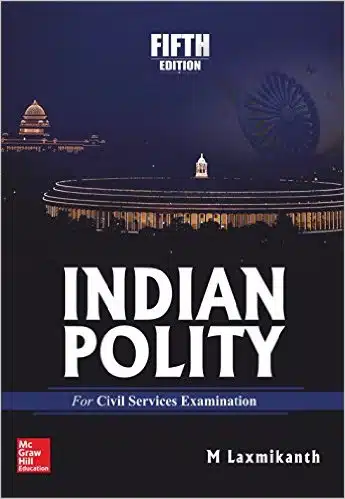
This book does not require an introduction. While hearing about Indian polity, the first book comes into our mind is this one. This book can be considered as the holy bible for polity students. It is the one-stop destination for the preliminary level. Correlate this book with the newspaper you are done with Indian polity.
It’s a very useful book, simple language and a good explanation of the topic will make you get attracted to this book. Ideally, this is the only book necessary to refer for prelims, if you have time constraints.Indian Polity for Civil Services Examinations – M. Laxmikanth .
2. Introduction to the constitution of India- D.D Basu
This book is highly advantageous for mains, an epitome of analytical work. As its language is bit complex, not recommended for beginners. Buy online: Introduction to the Constitution of India – Durga Das Basu .
3. Our parliament – Subhash Kashyap
A series of three books with lucid language, written by the former secretary general of Lok sabha. Our parliament gives a detailed outlook on how our government works. Our constitution also explains about whole concept of constitution and its functioning. Buy online: Our Constitution Paperback – Subhash C. Kashyap.
4. The constitution of India- P M Bakshi
This book explains the political principles, policies followed by the government as well as the basic rights and duties of the citizens. This book is essential for mains. It’s informative for research purposes also. Buy online :The Constitution of India by PM Bakshi .
OTHER REFERENCES
5. India and the world-Surendra Kumar.
An additional book for mains, it deals with foreign policy. This book is treasure of thoughts and ideologies of Indian diplomats . The distinctive study of international relationships offers thought to provoke ideas that benefit students regarding foreign relations. Buy Online: INDIA and The World by Surendra Kumar
-
PRS.org
An NGO site, where you can surf various bills and amendments .
This book is beneficial for one to go through after reading Indian polity. It enables you to clear the concepts of constitution . It consists of many questions from various chapters. This will definitely help for the exam point of view. Buy online :Objective of Indian polity M. Laxmikanth .
Also read: 4 Books to study Indian Economy for IAS Prelims Exam
Tips to read Indian polity
It’s really a myth that this book is boring, the subject is dry and so on. For studying polity, we don’t need a continuity pattern unlike other subjects. So you can select any topic you find as interesting and start to read. Classify the whole book into 10 parts and pick up any part you find interesting.
- Part 1 -basic topics that include the preamble of the constitution, salient features of our constitution, fundamental rights, union, and territories, directive principles, etc .
- Part-2- union government that comprises of emergency provisions, president, vice president, prime minister, ministers of center and parliament.
- Part 3- judiciary, that deals with all judiciary bodies including the apex, state and subordinate courts.
- Part 4- state governments, topics included are governor, chief minister, state ministers, and state legislature.
- Part5- local government includes the panchayati raj and municipalities .
- Part 6- constitutional bodies includes all constitutional bodies such as election commission, union public service commission, state public service commission and so on.
- Part 7- non constitutional bodies.
- Part-8- a system of government, federal system, parliamentary system, interstate relations, etc .
- Part 9- auxiliary topics like citizenship, union territories, parliamentary forums etc .
- Part 10- constitutional framework includes historical background and the making of the constitution.
Also read: How to read Indian Polity for IAS Exam
Remember if you are going to read M. Laxmikanth like this it will be highly beneficial and you feel easy as well as interesting to study.
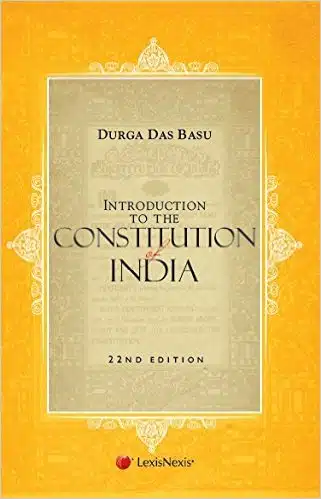
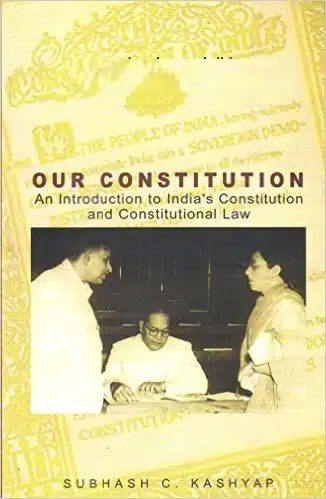
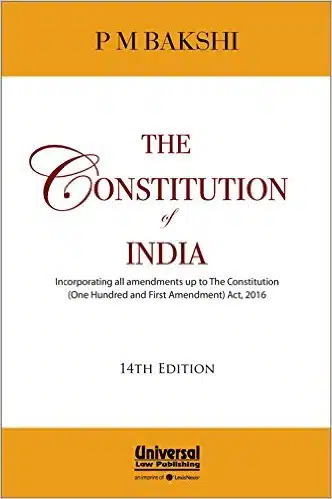
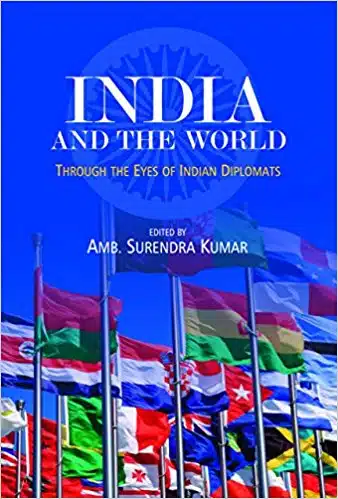
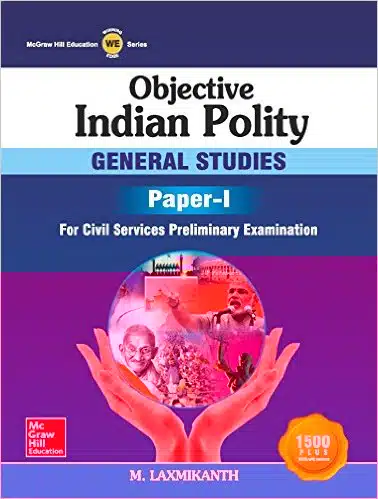

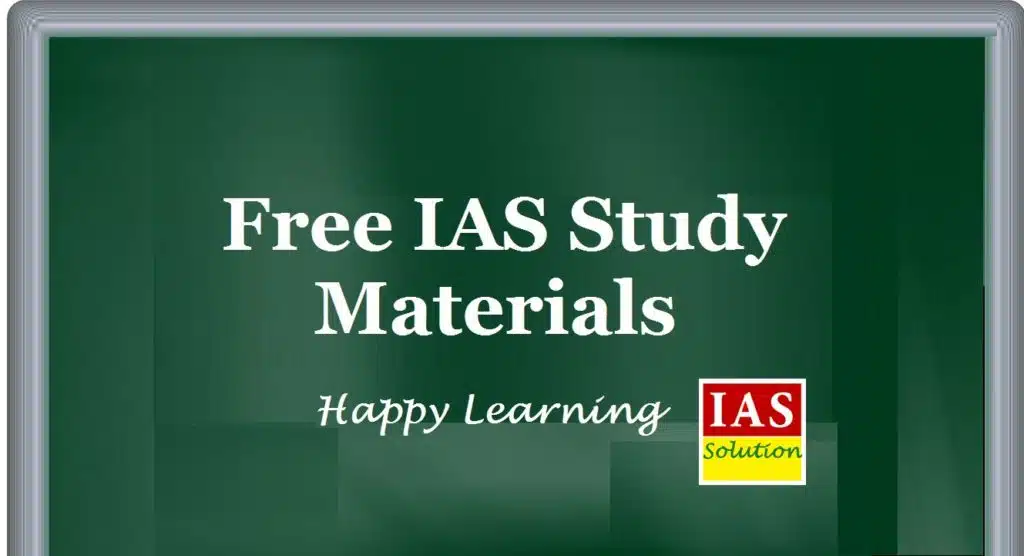
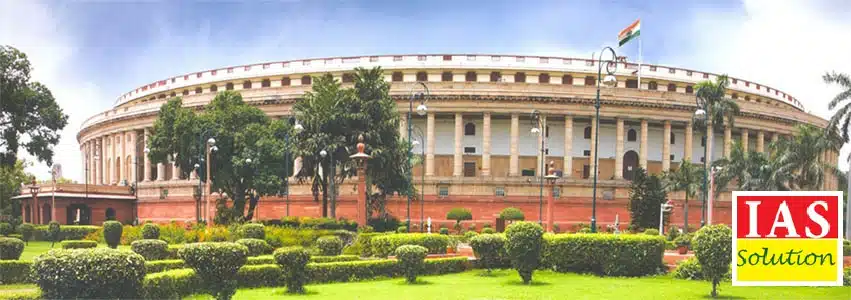
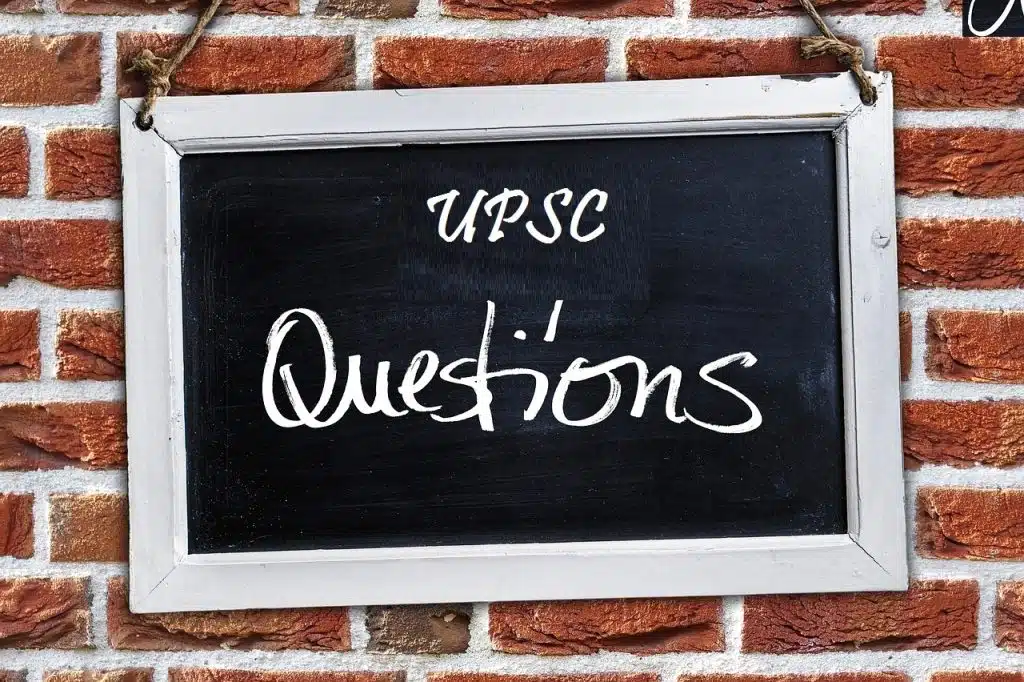
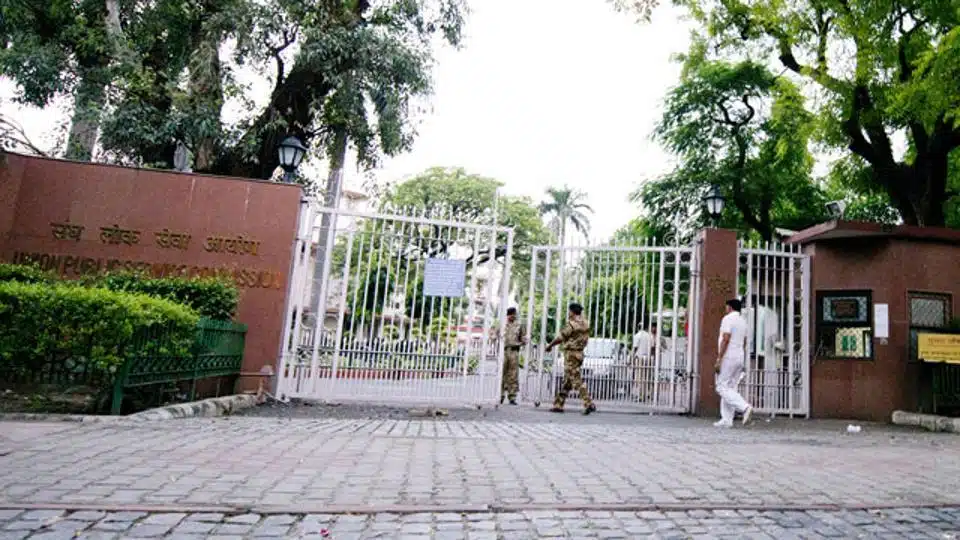
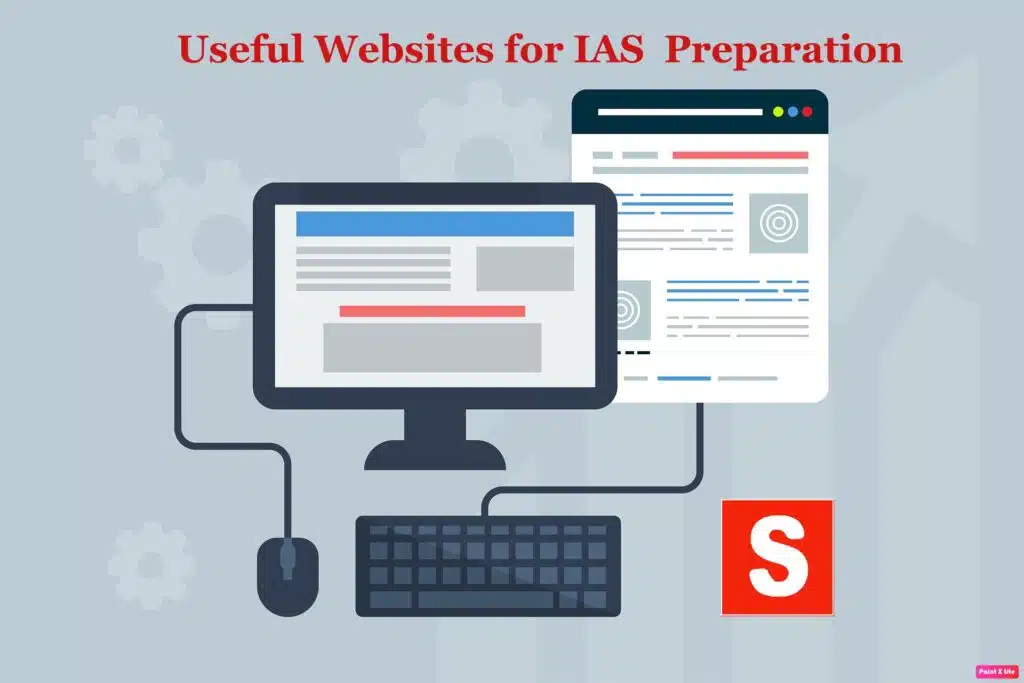

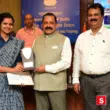

Leave a Reply